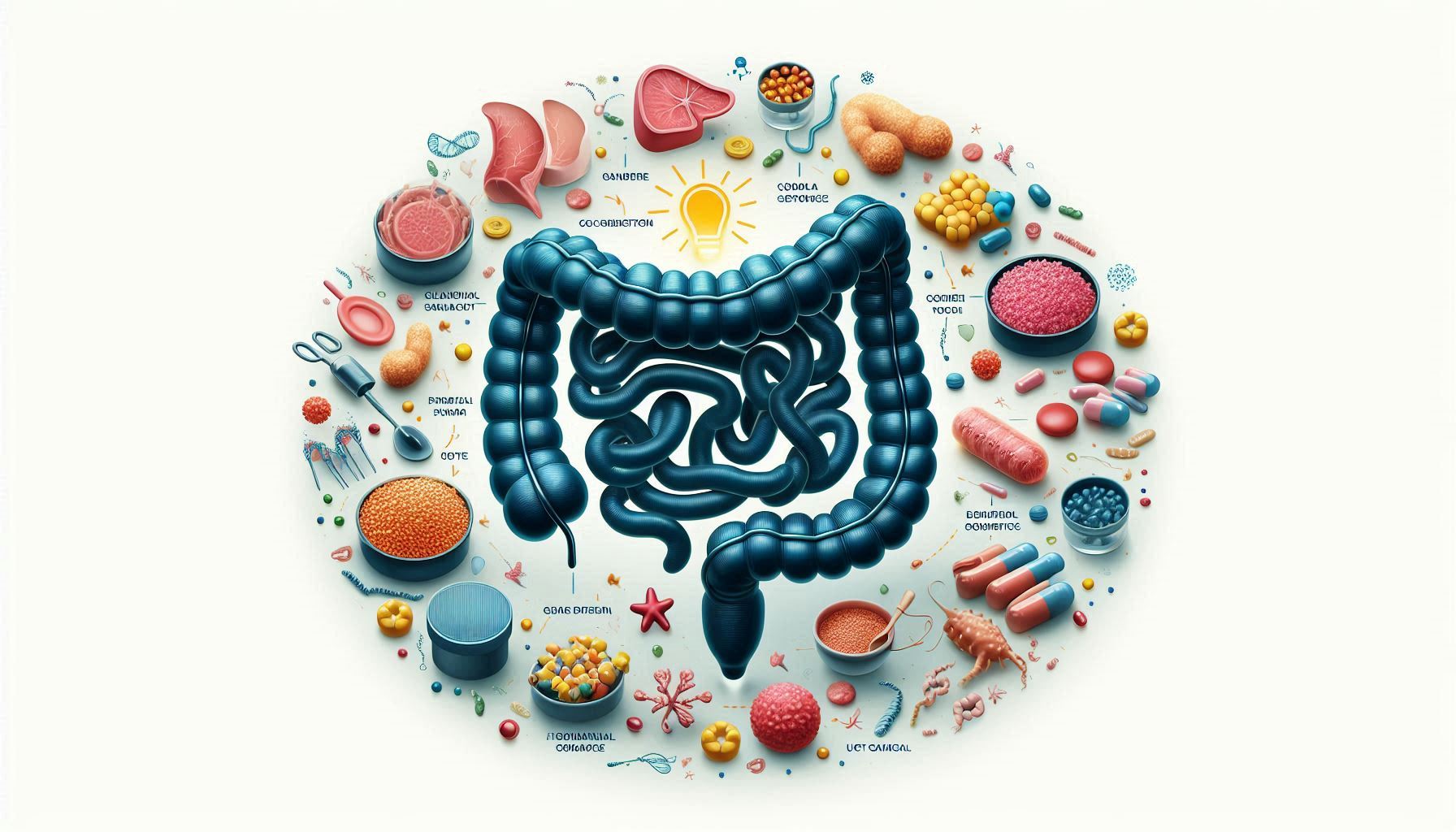As we age, maintaining heart health becomes increasingly important. Cardiovascular disease is one of the leading health concerns for seniors, but the good news is that many risk factors can be managed through lifestyle changes. By adopting heart-healthy habits, older adults can significantly reduce their risk of heart disease and improve their overall well-being. In this article, we’ll explore essential tips for seniors to keep their hearts strong and healthy.
1. Understanding Heart Health in Seniors
Heart health refers to the overall condition of the heart and blood vessels. As we age, the risk of developing heart-related issues increases due to factors such as high blood pressure, high cholesterol, and diabetes. Understanding these risks is the first step toward prevention and management.
2. Embracing a Heart-Healthy Diet
A balanced diet plays a crucial role in maintaining heart health. Seniors should focus on:
– Fruits and Vegetables: Aim for a variety of colorful fruits and vegetables, which are rich in vitamins, minerals, and antioxidants that support heart health.
– Whole Grains: Incorporate whole grains like brown rice, quinoa, and whole wheat bread, which can help lower cholesterol levels and improve heart function.
– Lean Proteins: Choose lean protein sources such as fish, poultry, beans, and legumes. Fatty fish like salmon and mackerel are particularly beneficial due to their omega-3 fatty acids.
– Healthy Fats: Opt for healthy fats found in nuts, seeds, avocados, and olive oil while limiting saturated and trans fats.
3. Staying Physically Active
Regular physical activity is vital for heart health. Seniors should aim for:
– Aerobic Exercise: Engage in moderate aerobic activities like walking, swimming, or cycling for at least 150 minutes per week. This helps improve cardiovascular fitness and lowers blood pressure.
– Strength Training: Incorporate strength training exercises at least twice a week to build muscle mass and support metabolic health.
– Flexibility and Balance: Activities like yoga or tai chi can enhance flexibility and balance, reducing the risk of falls and injuries.
4. Monitoring Blood Pressure and Cholesterol Levels
Regular monitoring of blood pressure and cholesterol levels is essential for heart health. Seniors should:
– Schedule Routine Check-Ups: Regular visits to healthcare providers can help track blood pressure and cholesterol levels, allowing for timely interventions if needed.
– Understand Target Ranges: Work with healthcare providers to establish target ranges for blood pressure and cholesterol, and discuss strategies for achieving these goals.
5. Managing Stress Effectively
Chronic stress can negatively impact heart health. Seniors should consider:
– Mindfulness Practices: Techniques such as meditation, deep breathing exercises, and yoga can help reduce stress and promote relaxation.
– Social Connections: Maintaining strong social connections and engaging in community activities can provide emotional support and reduce feelings of isolation.
6. Avoiding Tobacco and Limiting Alcohol
Tobacco use and excessive alcohol consumption are significant risk factors for heart disease. Seniors should:
- Quit Smoking: If they smoke, seek support to quit. There are various resources available, including counseling and nicotine replacement therapies.
- Limit Alcohol Intake: Try to stop alcohol consumption under observation of experts so you can manage withdrawal symptoms.
7. Staying Hydrated
Proper hydration is often overlooked but is essential for heart health. Seniors should:
– Drink Plenty of Water: Aim for adequate fluid intake throughout the day, as dehydration can strain the heart and lead to complications.
8. Regular Health Screenings
Routine health screenings are crucial for early detection and prevention of heart disease. Seniors should:
– Stay Up-to-Date on Screenings: Regular screenings for diabetes, high blood pressure, and cholesterol can help identify risk factors early on.
– Discuss Family History: Share family health history with healthcare providers to assess personal risk factors for heart disease.
Conclusion
Heart health is a vital aspect of overall well-being for seniors. By embracing a heart-healthy diet, staying physically active, managing stress, and monitoring health regularly, older adults can significantly reduce their risk of cardiovascular disease. Empowering seniors with the knowledge and tools to maintain heart health is key to promoting a longer, healthier life. Remember, it’s never too late to start making heart-healthy choices!









Leave a Reply